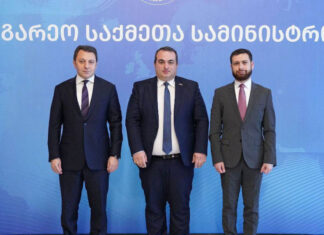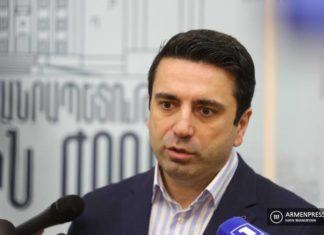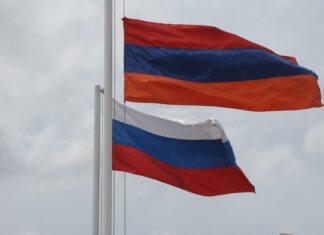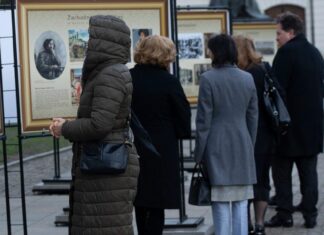ALEPPO (Combined Sources) — The Islamist rebel group Hayat Tahrir al-Sham (HTS), which on November 27 launched a a lightning offensive alongside allied groups, in less than two weeks reached Damascus on Sunday, December 8, and toppled the regime of President Bashar al-Assad more than 13 years after an uprising against his rule erupted and descended into war. The president and his family have fled to Russia.
AFP correspondents in Aleppo saw workers removing piles of garbage as others repaired the city’s electricity and communications networks, while volunteers distributed bread and security patrols roamed the streets at night.
Official institutions had stopped working when the rebels overran the city.
“Electricity and water services have started to reach homes” again after they were cut off for days, said housewife Disbina Bidouri, who lives in the city’s Sulaimaniyeh neighborhood.
“We’re now able to get bread very easily, because there are people distributing it… I’ve even put some bags of it in the fridge,” she told AFP.
Abdelrahman Mohammed, an official in the “Salvation Government” which had been administering HTS-controlled Idlib and parts of adjacent provinces, said they had sent people to Aleppo city to ensure “continuity of services”.










